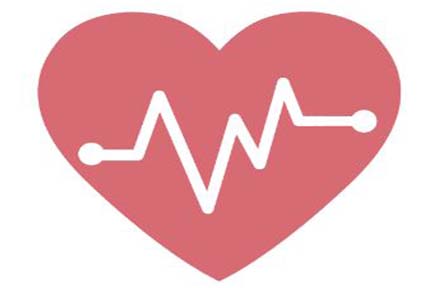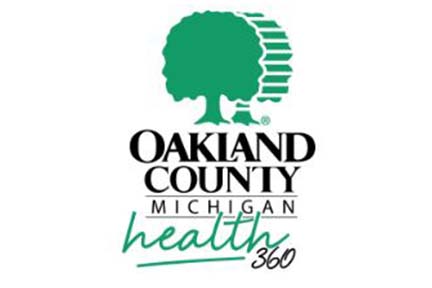
MDHHS enhances work to meet health needs of children

FOR IMMEDIATE RELEASE: Nov. 30, 2022 MEDIA CONTACT: Bob Wheaton, 517-241-2112, WheatonB@ MDHHS enhances work with providers to meet behavioral health needs of children in foster care, juvenile justice systems New contracts focusing on youth dealing with mental health crises will provide more innovative care LANSING, Mich. – Children in the state foster care and juvenile justice systems experiencing a behavioral health crisis will have expanded access to services under a new effort by the Michigan Department of Health and Human Services (MDHHS). MDHHS is asking congregate care providers to submit plans for placement in their facilities to address the needs of youth who must access mental health stabilization programs – meaning services to stabilize and treat youth dealing with serious mental health concerns, like suicidal thoughts. “This is an important step forward to ensure that children in the foster care and juvenile justice systems who need mental health stabilization have a place to go to be treated,” said Demetrius Starling, executive director of the department’s Children’s Services Agency. “To do that, we are asking our child-caring institutions to provide the behavioral health treatment youth need before they transition to homes with their parents, relatives or foster families.” The department has issued a statewide request for proposals for new child-caring institution contracts and will begin implementing the new contracts in summer 2023. MDHHS has contracts with 31 child-caring institutions to provide 800 beds, however, due to nationwide staffing shortages and other factors, these facilities provide fewer than 500 beds. The changes are expected to improve access to behavioral health services that youth in care need. “Members of the Michigan Federation for Children and Families believe a strong partnership with the Michigan Department of Health and Human Services is critical in expanding and providing equitable access to the full array of behavioral health services that best serve young people and their families,” said Janet Reynolds Snyder, executive director of the statewide association of private nonprofit community-based child and family-serving organizations that partner with MDHHS. The idea of the new contract model is to encourage greater innovation in caring for the unique needs of children in the state’s foster care and juvenile justice systems. This effort is part of a multi-faceted approach by MDHHS to address a national need for expanded behavioral health services for youth. The demand is coupled with a nationwide staffing shortage that makes it difficult to provide needed services, which MDHHS is also addressing. MDHHS contracts with child-caring institutions to provide specialized treatment to youth in foster care or the juvenile justice system. In recent years it has been challenging in Michigan and nationally to find foster care and juvenile justice placements – especially residential therapeutic treatment beds. “As a family court judge, I am encouraged that the department has recognized the greatest unmet health need of children and teens in the foster care system is their mental and behavioral health and is addressing the issue,” said Marquette County Probate Court Judge Cheryl L. Hill. “The new contracting model should allow for targeted results to meet the individual mental health needs of the youth and hopefully allow courts to reunify families sooner. While there are other issues to tackle in the overall child welfare system, this is a good step in the right direction to solving the crisis in care issues we face.” MDHHS has already taken action to address the challenge, including bipartisan support of legislation signed by Gov. Gretchen Whitmer to:
MDHHS also has:
To earn state contracts, facilities must demonstrate through the request for proposal process that they can meet the specialized needs of children. Other goals of the new process are to clearly define expectations and increase contract oversight effectiveness To ensure contracted facilities are included in this reform, the department solicited input through provider surveys, in addition to hosting focus groups to hear from providers on the proposed reforms. The department used this feedback to help refine goals for reform Agencies that would like to submit a proposal should go to the “Child Caring Institution – Therapeutic Short-Term Treatment Program” Bid Number 230000000402 at www.michigan.gov/SIGMAVSS after registering on that website. For assistance with registration or navigating the site, contact the Office of Financial Management at 517-284-0540 or 888-734-9749 and press “1” on the automated menu, or email [email protected]. Vendors who intend to submit a proposal and have questions should contact the solicitation manager, Mary Ostrowski, at 517-249-0438 or [email protected]. |




